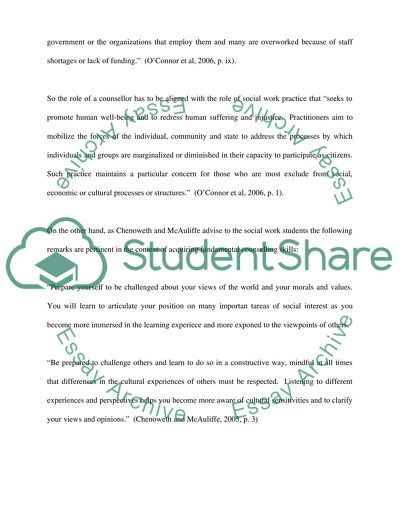Cite this document
(The Need for Individual Counselling Assignment Example | Topics and Well Written Essays - 1500 words, n.d.)
The Need for Individual Counselling Assignment Example | Topics and Well Written Essays - 1500 words. Retrieved from https://studentshare.org/social-science/1506514-individual-counselling
The Need for Individual Counselling Assignment Example | Topics and Well Written Essays - 1500 words. Retrieved from https://studentshare.org/social-science/1506514-individual-counselling
(The Need for Individual Counselling Assignment Example | Topics and Well Written Essays - 1500 Words)
The Need for Individual Counselling Assignment Example | Topics and Well Written Essays - 1500 Words. https://studentshare.org/social-science/1506514-individual-counselling.
The Need for Individual Counselling Assignment Example | Topics and Well Written Essays - 1500 Words. https://studentshare.org/social-science/1506514-individual-counselling.
“The Need for Individual Counselling Assignment Example | Topics and Well Written Essays - 1500 Words”, n.d. https://studentshare.org/social-science/1506514-individual-counselling.


